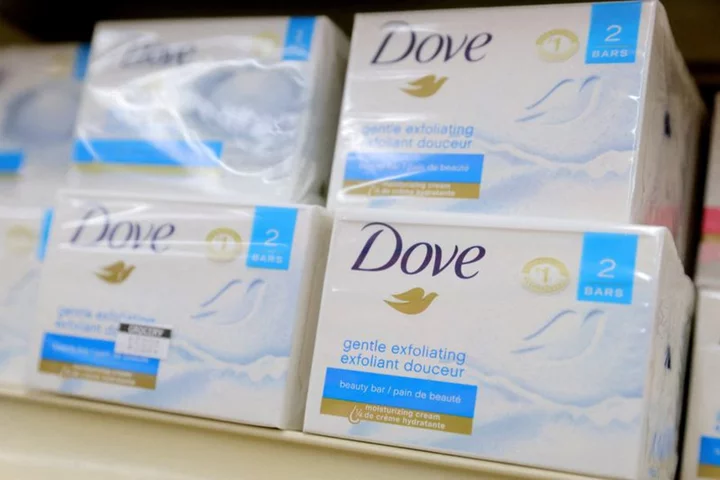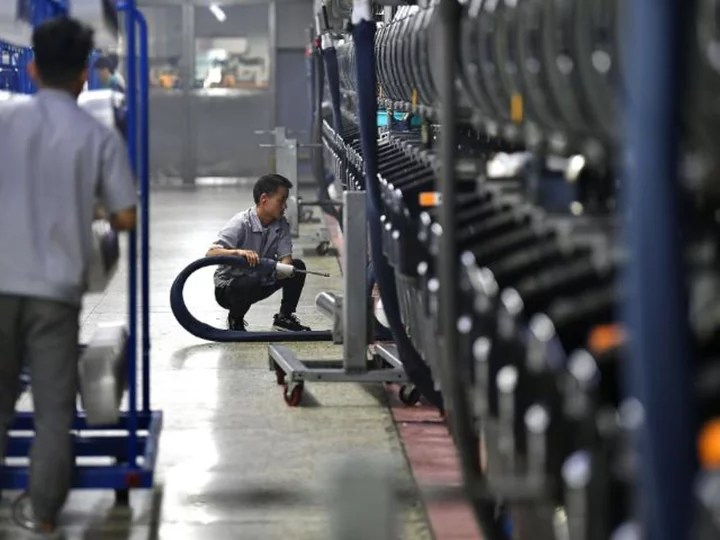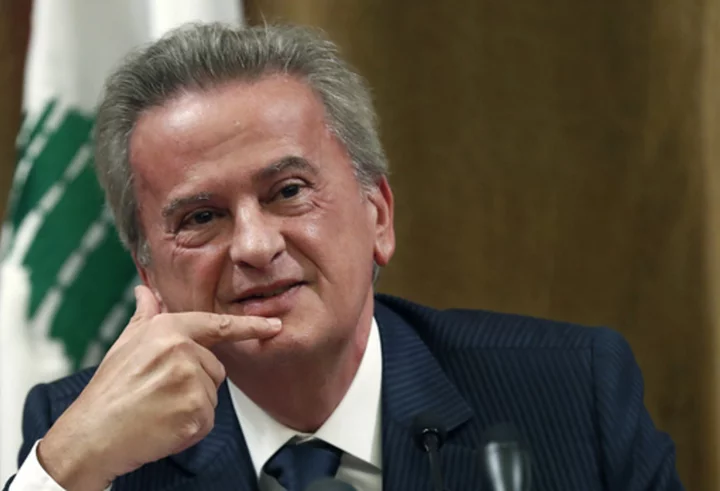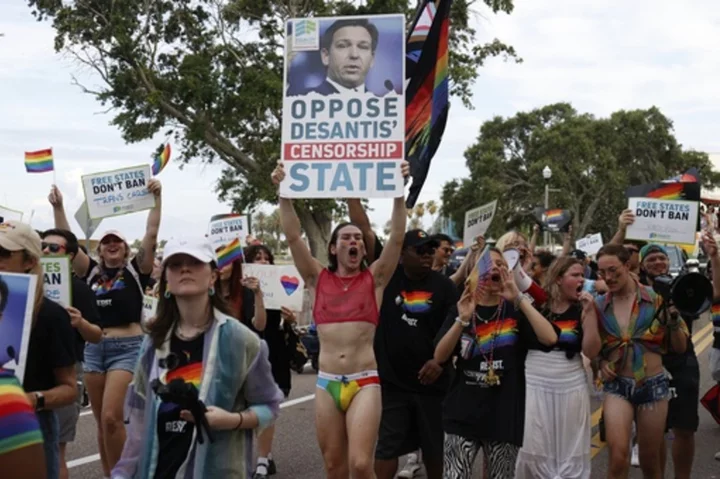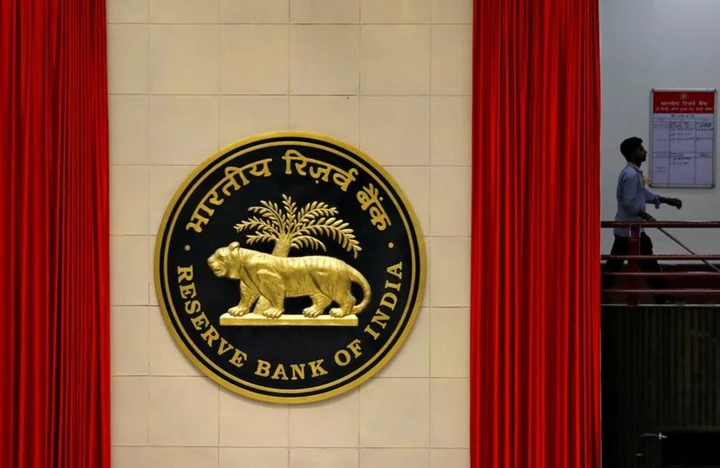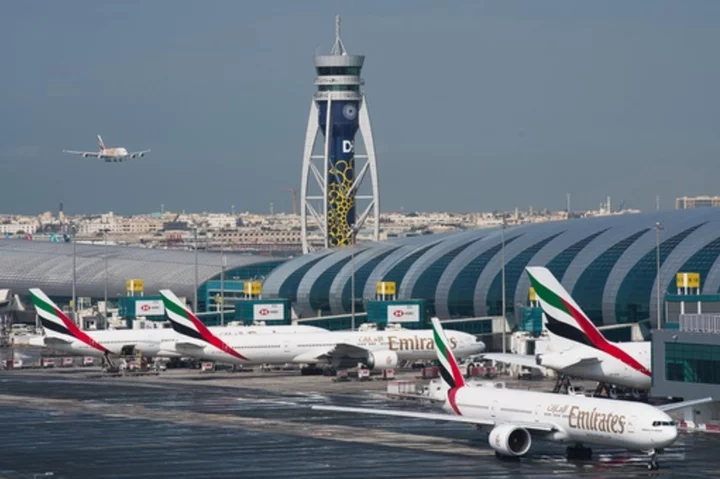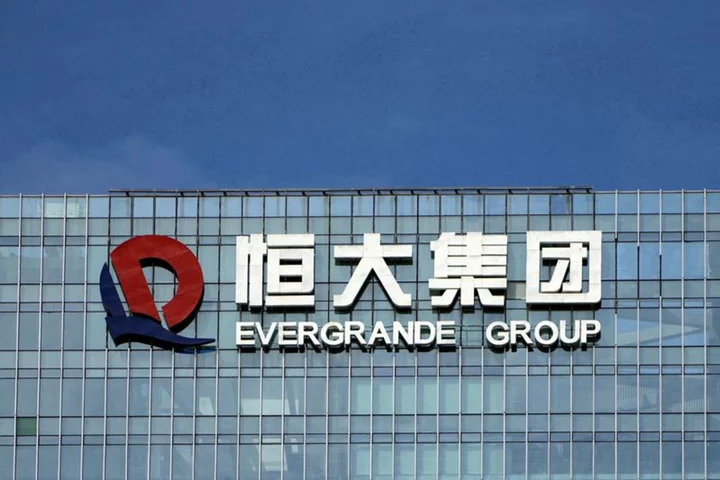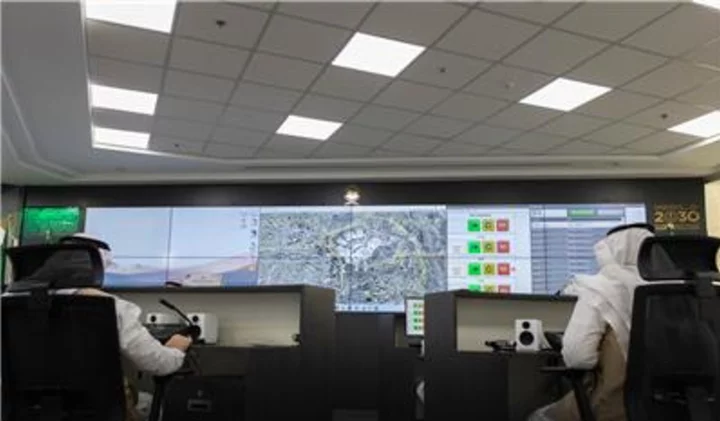By Silvia Aloisi and Richa Naidu
LONDON/PARIS Some of Europe's top companies, including Volkswagen and Unilever warned on Thursday that business in the region is increasingly tough, underscoring concerns that the full impact of high inflation and borrowing is now being felt by consumers.
Unilever delivered third quarter sales which met market expectations after the maker of Dove soap and Ben & Jerry's ice cream raised prices albeit at a slower rate.
But volumes fell by as much as 10.7% in Europe, its weakest region where business remained challenging. That contrasts with growth of 2.2% and 1.7% in the Americas and Asia Pacific Africa respectively.
Chief Financial Officer Graeme Pitkethly said in a call with media that the region was the "most difficult trade environment" as higher prices in its nutrition and ice cream businesses curb spending.
"That is a feature of the inflation that we've had in our nutrition and our ice cream business," he said.
"We've not yet recovered all the inflation in Europe and our European margins have come down and are quite significantly below the average of Unilever."
The comments came ahead of the European Central Bank's (ECB) interest rate decision later on Thursday as recession fears resurface. Inflation remains a concern as the Middle East crisis rekindles the risk of an oil supply shock.
Investors think the bank will almost certainly leave borrowing costs unchanged at a record high of 4%.
Euro-zone business activity took a surprise turn for the worse this month as demand fell across the region, a survey showed earlier this week, suggesting the bloc may slip into recession.
Inflation in the euro zone has been on a downward trajectory, although September's 4.3% reading was still double the ECB's 2% target.
The pan European STOXX 600 index was down 0.95% at 1116 GMT, hovering near March lows hit on Wednesday.
Elsewhere on Thursday, Volkswagen joined other carmakers warning in recent days that electric vehicle demand was weakening. Some worry that high interest rates will deter even high-end shoppers splurging on a new car.
Underscoring the weakness in its home market, Europe's largest carmaker said its EV order intake had halved to 150,000 in Europe from 300,000 last year.
Orders were increasing slowly in the third quarter from the first half and should rise further in coming months, Chief Financial Officer Arno Antlitz said.
But total car demand in the region is still lower than before the COVID-19 pandemic, he said, and the company will reduce its capacity there.
Speaking to media after agreeing to buy a 21% stake in Chinese EV maker Leapmotor, Stellantis CEO Carlos Tavares was blunt about the challenges - EVs in Europe are too pricey without government subsidies.
"If we look at the European market, Italy but also Germany and even France, when governments in Europe stop the subsidies, people stop buying EVs."
Other companies have also sounded downbeat as third-quarter earnings season ramped up this week.
French payments company Worldline slashed its full-year targets on Wednesday, warning an economic slowdown had hit its business, particularly in Germany, the continent's largest economy, as shoppers cut back on non-essential spending.
"We face now more challenges than we anticipated even until very recently," CEO Gilles Grapinet told analysts.
(Reporting by Silvia Aloisi in Paris, Richa Naidu in London and Victoria Waldersee in Berlin; Writing by Josephine Mason in London; Editing by Kirsten Donovan)

